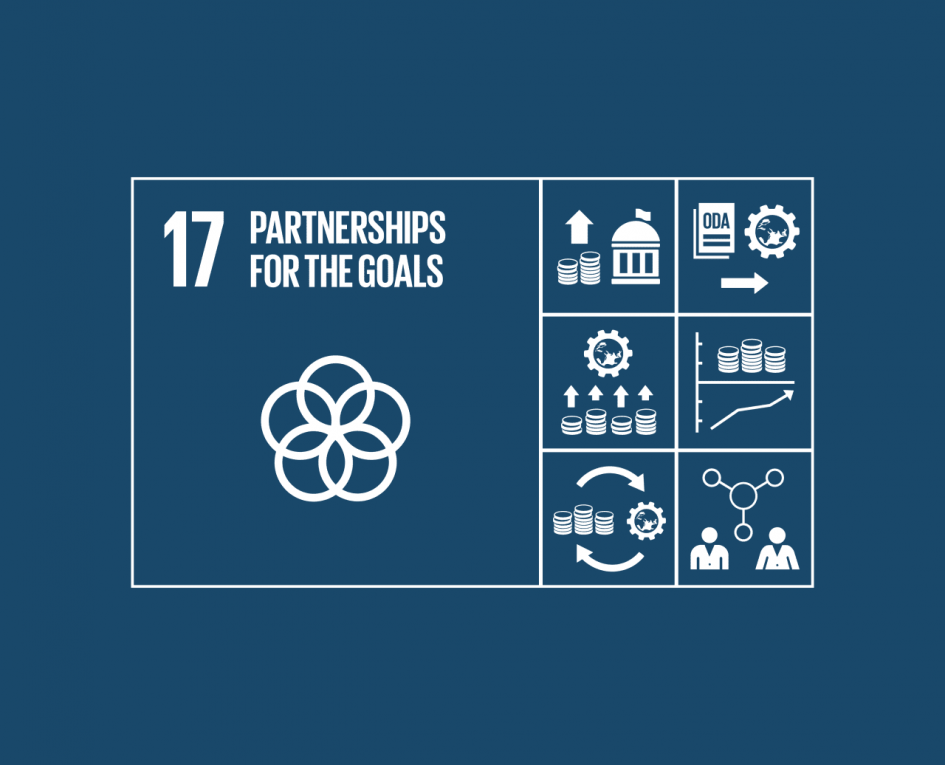Sustainable Development is a core concept in international relations. This case study describes how Allison Nortje addresses sustainability issues when teaching International Diplomacy at DMU…
What was the programme or module?
Diplomacy and International Politics, which is a module offered at the postgraduate level as a core module for DMU MA degree in Diplomacy and World Order. There are typically a cohort of 8-12 students attending the module.
The module introduces students to the nature, evolution, and practice of diplomacy, as well as to its functions, impact, changing role and the future it holds in the current global order. It was conducted in four parts and examined the political theories of realism and pluralism, the role of diplomats and Ministries of Foreign Affairs, multilateral diplomacy, and negotiation and mediation, key themes in contemporary diplomacy such as the European Dimension, Diplomacy and Security, Trade Diplomacy and Environmental Diplomacy.
What happened?
Within the context of DMU as the Academic Hub for SDG16 – Peace, Justice and Strong Institutions, I expounded on the role that diplomacy, through multilateral negotiations and international organisation – the UN, played in the establishment of the SDGs.
There is a common perception that multilateralism is under threat due to the rise of nationalism. Through the workshop on multilateral diplomacy, I used my experience as a former diplomat and my knowledge of the SDG process to counter this perception by highlighting the success of the negotiations and, ultimately, the relevance and future of diplomacy.
Based on experience I was able to enhance students understanding of the interconnectedness of theory to practice. I also used personal experiences of my country – The Bahamas, a Small Island Developing State (SIDS), to highlight the importance of climate change and environmental sustainability. To promote exchange and dialogue, particularly among students who were reluctant to engage in the discussions, my lectures were also interspersed with pointed questions on the current state of world order.
I linked the responses/comments to the SDGs. Engagement was also enhanced through interactive activity of the Model Diplomacy Simulation Exercise. Whenever students are able to hear first-hand, personal accounts of one’s experiences, I feel that they are able to relate more to the subject matter and are engaged. This was evident by the questions posed by the students who wanted to hear more about my diplomatic experiences.
The feedback was positive, and I hope the approach I have taken would be continued for future workshops. One positive action was the approval received from the Module Leader, based on my recommendation, to include on the module’s Reading List the book – Transforming Multilateral Diplomacy: The Inside Story of the Sustainable Development Goals, 1st Ed, 2018, Routledge (Macharia Kamau, Pamela Chasek and David O’Connor).The module links diplomacy and the role of multilateralism to the framework of the Sustainable Development Goals (SDGs).
Which SDGs link to this subject?
As the module focuses on diplomacy and international politics, all 17 SDGs are related. However, SDG17 – Partnerships for the Goals – is perhaps the most relevant as it promotes cooperation and dialogue, which are important aspects of diplomacy.
SDG17 also relates to inclusiveness among various actors in diplomacy from state to non-state actors (civil society, businesses, corporations, lobby groups, aid agencies etc). The underlying premise of its relevance to the module is that “it takes a village” and we all have a shared responsibility in environmental sustainability.
Why are the SDGs important for this course?
Knowledge/education of the SDGs is important to foster a greater understanding of their impact, both globally and locally, and to encourage behavioural changes that are necessary for the attainment of a more just, equitable and sustainable world. In terms of students, we ought not wait until they attain adulthood to educate them about the importance of adopting environmentally sustainable behaviours. We should start educating them at the primary school level – the earlier, the better.
“Tell me and I forget, teach me and I may remember, involve me and I learn.” – Benjamin Franklin
Recommendations for others adopting similar approaches
I would recommend some form of interactive exercise to add value and to promote engagement through a student-led approach. The Model Diplomacy Simulation Exercise for the MA Diplomacy module will now be a part of the student’s overall assessment as it involves preparation of briefing notes and position papers, and articulation of one’s position.
It is uncertain whether this approach would work for undergraduate students who may be reluctant to engage in open discussions, particularly if they are unfamiliar with the subject area of the module. In such a case a more creative approach, for example relating some aspect of personal experiences to the subject matter may result in a level of comfort and confidence for the students. It is important to remember that learning is not a ‘one-size-fits-all approach’. It must be adaptable.
Contact:
Mrs. Allison Nortje, Part-time Lecturer, Department of Politics, People and Place, Faculty of Business and Law. Led the workshops on practical aspects of diplomacy and assisted the Module Leader, Dr Rachel Tate, by providing advice on UN processes during the other workshops and the Model Diplomacy Simulation Exercise. Email: a.nortje@dmu.ac.uk / allison.nortje@gmail.com; Mobile: 07493239756
This post is one of a series of case studies describing teaching and learning activities linked to the SDGs at DMU.

Leave a Reply